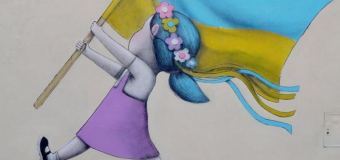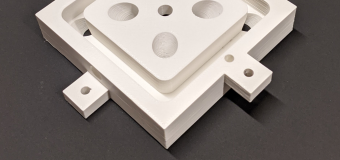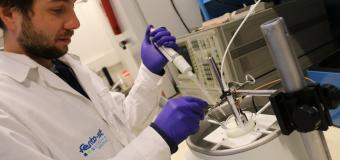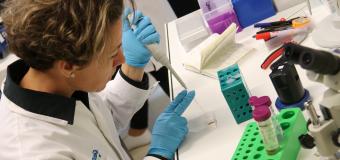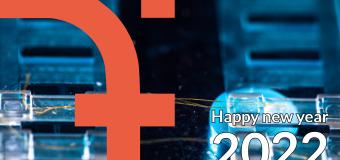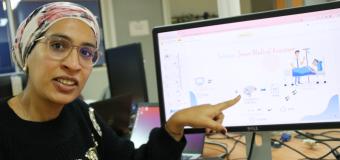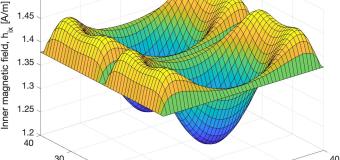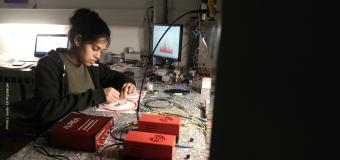Recognizing liars from the sound of their voice ?
Scientists have prouved that the intensity, speed and pitch of the speaker's voice automatically influences our perception of the reliability and honesty of his or her speech. This work is published in the prestigious journal "Nature Communications"
Faster speech rate, greater intensity in the middle of the word, and falling pitch at the end of the word: that is the prosody1 to adopt if one wants to come across as reliable and honest to one’s listeners. Scientists from the Science and Technology for Music and Sound laboratory (CNRS/Ircam/Sorbonne Université/Ministère de la Culture) have conducted a series of experiments2 to understand how we decide, based on the voice, whether a speaker is honest and confident, or on the contrary dishonest and uncertain. They have also shown that this signature was perceived similarly in a number of languages (French, English, Spanish), and that it is registered “automatically” by the brain: even when participants were not judging the speaker’s certainty or honesty, this characteristic sound impacted how they memorized the words. Prosody consequently conveys information on the truth-value or certainty of a proposition. Scientists are now trying to understand how speakers produce such prosody based on their intentions. This research was published on 8 February in Nature Communications.
Jean-Julien Aucouturier, co-author of this publication, now works at the FEMTO-ST laboratory (CNRS/Université de Bourgogne-Franche Comté/ENSMM/UTBM)
[[{"fid":"8003","view_mode":"default","fields":{"format":"default","alignment":"","field_file_image_alt_text[und][0][value]":false,"field_file_image_title_text[und][0][value]":false,"external_url":""},"type":"media","field_deltas":{"2":{"format":"default","alignment":"","field_file_image_alt_text[und][0][value]":false,"field_file_image_title_text[und][0][value]":false,"external_url":""}},"attributes":{"class":"media-element file-default","data-delta":"2"}}]]
Notes :
1 Prosody refers to the “melody” of a phrase or word: its pitch, rate, and intensity.
2 Scientists used vocal signal processing techniques to create random pronunciations of words (rising pitch, falling pitch, etc.), and then asked multiple groups of participants whether these words were pronounced with certainty or honesty. The software they developed as part of this effort, CLEESE, is open source: https://forum.ircam.fr/projects/detail/cleese/
Bibliographie :
Listeners’ perceptions of the certainty and honesty of a speaker are associated with a common prosodic signature. Louise Goupil, Emmanuel Ponsot, Daniel Richardson, Gabriel Reyes, Jean-Julien Aucouturier. Nature communications, le 8 février 2021.
DOI : 10.1038/s41467-020-20649-4
Contact :
FEMTO-ST : Jean-Julien Aucouturier


